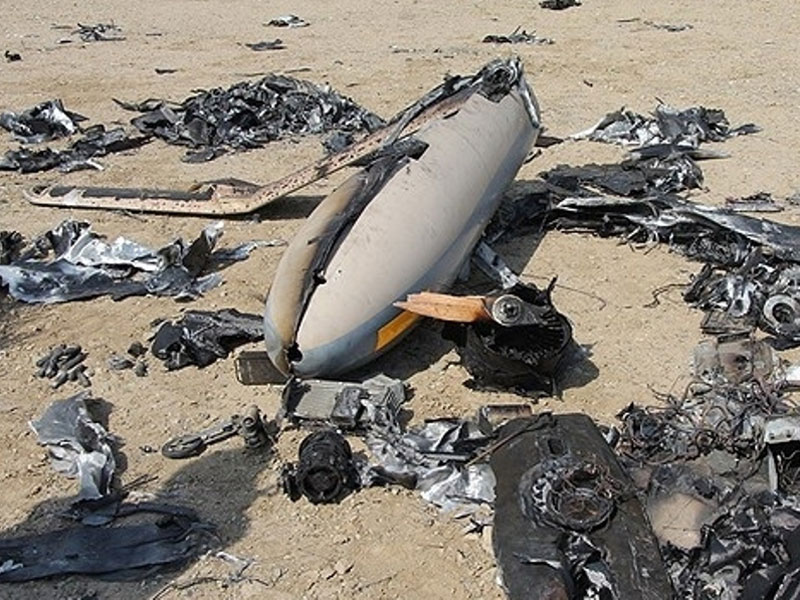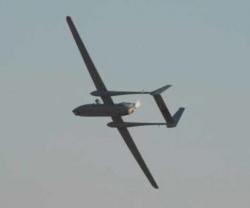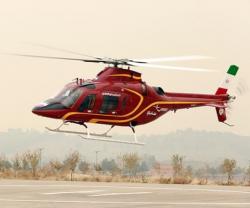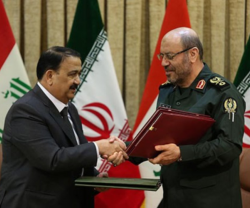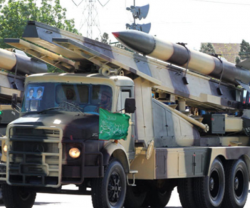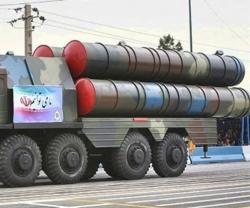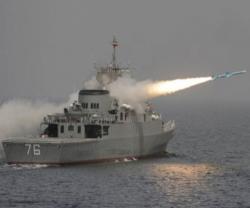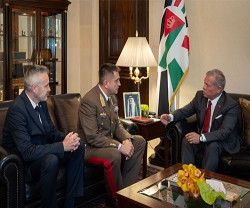Senior Generals in Tehran said on Tuesday that Iran will not give a diplomatic response to the violation of its airspace by an Israeli spy drone which was shot downed near Natanz nuclear site a few days ago, and warned that Tel Aviv should wait for Iran's retaliatory moves in battlefield.
“Our response to this aggression will not be diplomatic, we will retaliate in the battlefield, but will not necessarily announce it. The enemy will see and understand it,” Lieutenant Commander of the Islamic Revolution Guards Corps (IRGC) Brigadier General Hossein Salami said on Tuesday.
“We never step back (in the confrontation) against the enemy. The Islamic Republic is powerful and is capable of confronting any power at any level and we never bring down the level of our goals,” he added.
Salami added that Iran knows well from which country and which base the Israeli drone that it shot down a few days ago had taken off.
“What some people say that the drone had started its flight from Israel is not correct and we are almost certain about its origin, yet we would like to reserve judgment at present,” Salami told reporters on Tuesday.
He further pointed out that the drone had been traced as soon as it crossed Iran's borders, but “it was allowed to enter the country to see the intention (of the hostile forces operating it) and then we targeted and hit it at the right time”.
The IRGC Aerospace Force shot down an Israeli spy drone before it could reach Natanz nuclear enrichment facility on Sunday.
The IRGC Public Relations Department said in a statement on Sunday that the Israeli pilotless aircraft was a radar-evading, stealth drone with the mission to spy on Iran's enrichment activities by flying over Natanz nuclear enrichment plant.
The IRGC also pointed out in its statement that the Israeli hostile aircraft has been targeted by a surface-to-air missile.
Commander of the IRGC Aerospace Force Brigadier General Amir Ali Hajizadeh announced on Monday that “the downed spy drone is Hermes and made in Israel”.
He said the operational range of Hermes drones is 800 kilometers, adding that the aircraft can fly 1,600 kilometers by refueling once.
He further stated that the drone, which is 5.5 meters wide in wings, is equipped with two cameras which can take high-quality photos.
The Elbit Systems Hermes 450 is an Israeli medium size multi-payload UAV, designed for tactical long endurance missions. It has a flight endurance of over 20 hours, with a primary mission of reconnaissance, surveillance and communications relay.
Source: FARS

